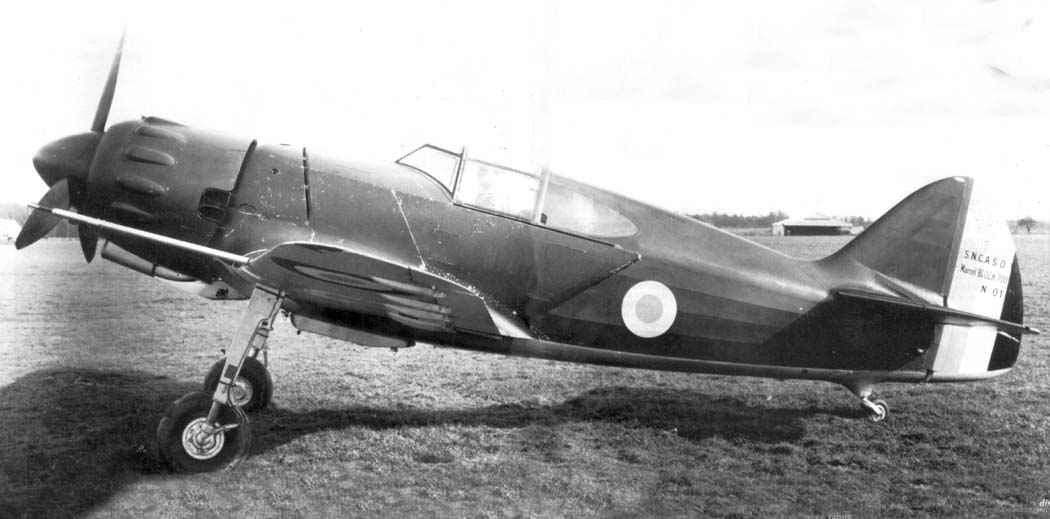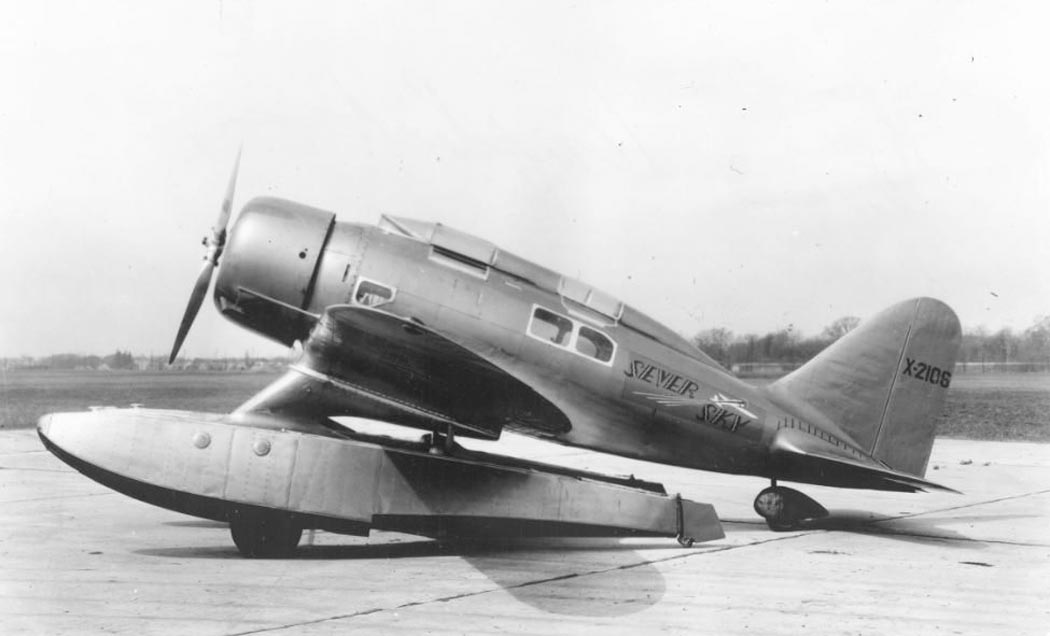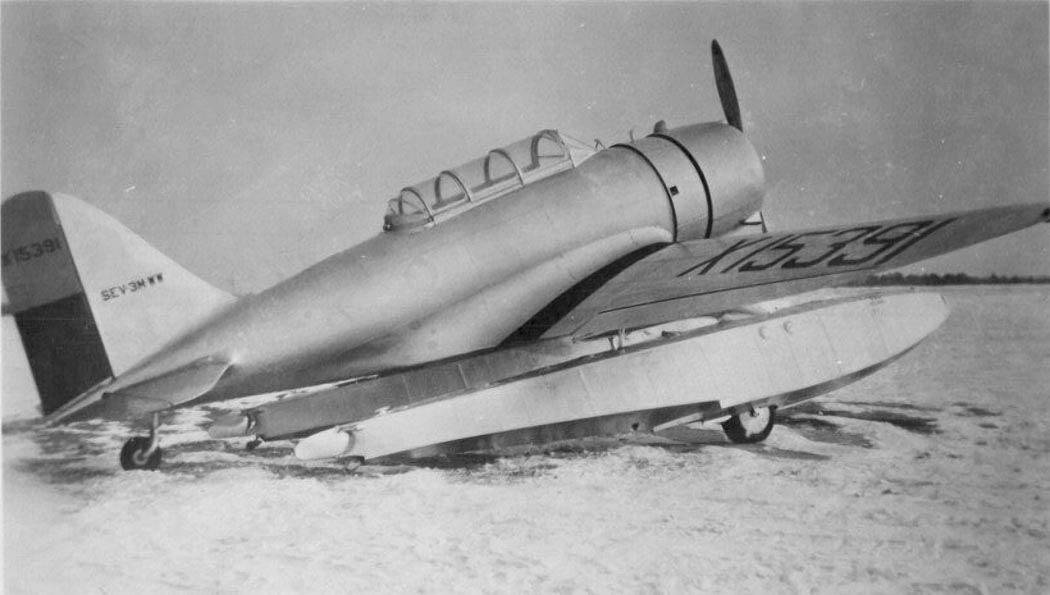Tag: aeroplane
-
Bloch MB.700 Fighter

Bloch MB.700 Fighter The Bloch MB.700 was a light-weight fighter designed for the French Air Force. It used a wooden frame, to conserve strategic materials and a 700hp Gnome-Rhône 14 M6. First flying on 19 April 1940, it subsequently undertook a series of evaluation flights. When German forces occupied the airfield it was based at,… Read more
-
Seversky SEV-3 Amphibian

Seversky SEV-3 Amphibian First flying in 1933, the Seversky SEV-3 was a three-seat monoplane amphibian. It could either be fitted with twin amphibious floats which had main wheels fitted in the floats to allow it to operate from land, or with a fixed tailwheel undercarriage with the mainwheels enclosed in large fairings. The landplane version was developed… Read more
-
Seversky SEV-3M-WW in Colombian Service

Seversky SEV-3M-WW in Colombian Service First flying in 1933, the Seversky SEV-3 was a three-seat monoplane amphibian. It could either be fitted with twin amphibious floats which had main wheels fitted in the floats to allow it to operate from land, or with a fixed tailwheel undercarriage with the mainwheels enclosed in large fairings. The landplane version… Read more